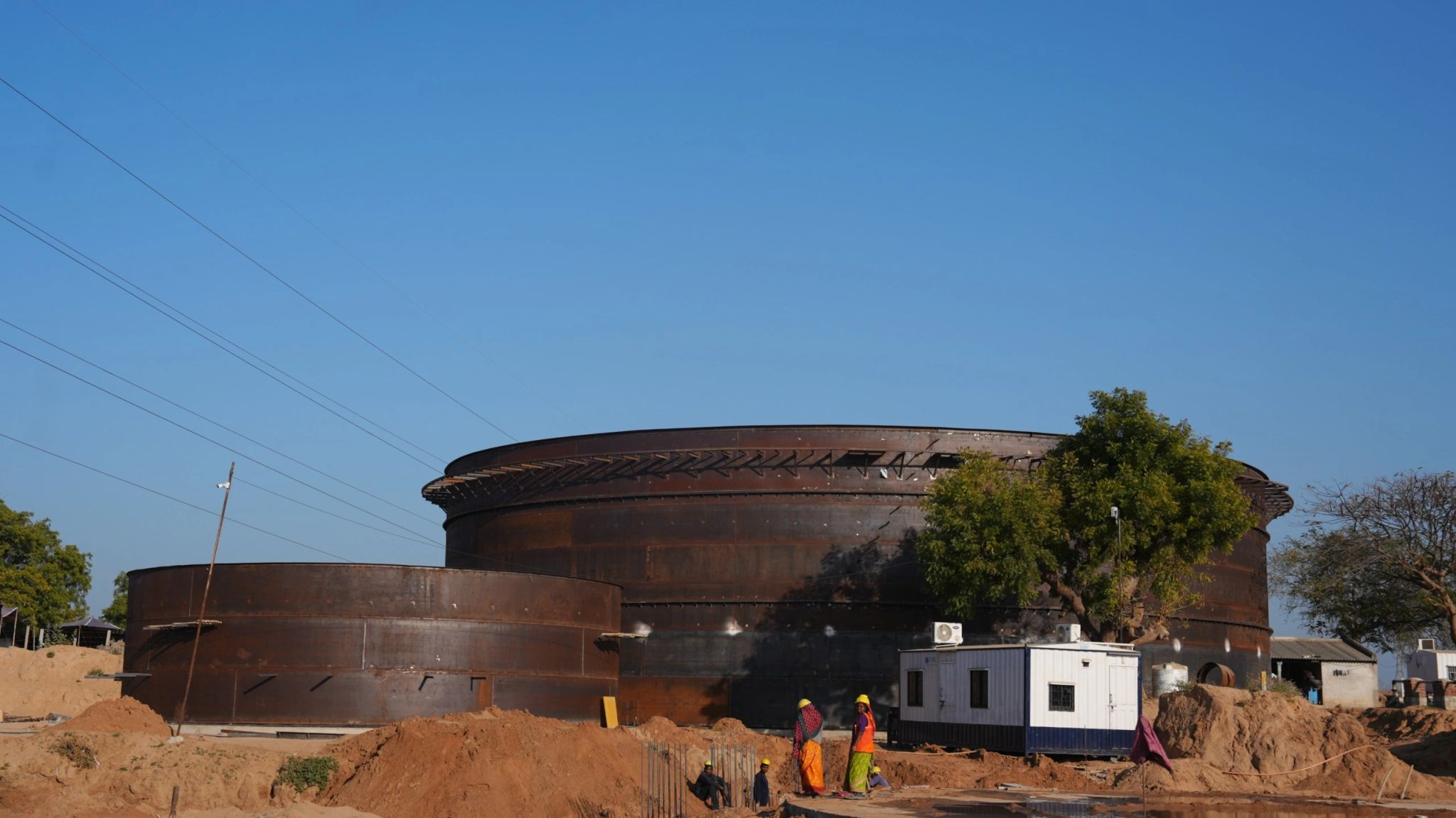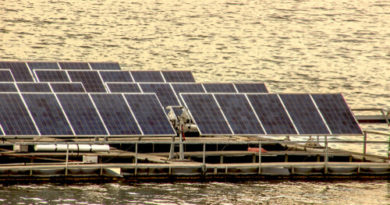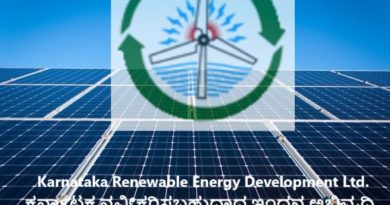EEA Report reveals Waste-To-Energy improved European air quality
The EEA analysis confirms that diverting waste from landfills to biological treatment and energy recovery significantly reduces methane emissions—a contrast to the 2020 EU Methane Strategy.

A new report by the European Environment Agency (EEA) has explicitly recognized the role of waste-to-energy (WTE) in reducing methane emissions from the waste sector.
The European Suppliers of Waste-to-Energy Technology (ESWET) has welcomed this report. ESWET held that this acknowledgment in the 2025 EEA report marks a notable shift from the agency’s 2020 briefing, which overlooked WTE’s impact on landfill methane reduction despite its proven effectiveness.
ESWET says that the new EEA-2025 report as a crucial step toward aligning EU policy with the most effective strategies for tackling landfill emissions. The organization highlights methane’s potency as a greenhouse gas, noting its global warming potential is 84 times higher than CO₂ over 20 years.
The EEA analysis confirms that diverting waste from landfills to biological treatment and energy recovery significantly reduces methane emissions—a contrast to the 2020 EU Methane Strategy. ESWET emphasizes that landfills remain the primary source of methane emissions in the waste sector, accounting for roughly 80 percent of the industry’s output, according to the EEA.
“The EEA’s recognition of WTE in methane mitigation is a significant step forward,” says Dr. Siegfried Scholz, president of ESWET. “We urge policymakers to reflect this in future regulations and ensure a holistic approach that fully integrates WTE into the EU’s waste and climate strategies.”
Germany serves as a prime example of WTE’s effectiveness, ESWET notes. Following the country’s 2005 ban on landfilling untreated organic waste and the expansion of its WTE infrastructure, methane emissions from landfills dropped from 35.5 million metric tons in 1990 to just 7.5 million tons in 2018. Since then, Germany has been a global leader in deploying anaerobic digestion and other technologies to process agricultural byproducts and food scraps.
“The EEA briefing rightfully acknowledges WTE as an essential complement to recycling and other recovery operations—an overdue correction in the EU’s methane mitigation approach,” states ESWET.
The EU policymakers are being urged by Waste-to-Energy suppliers to build on this momentum and ensure that the upcoming revisions to waste and climate policies integrate WTE as a key pillar of methane reduction efforts.




